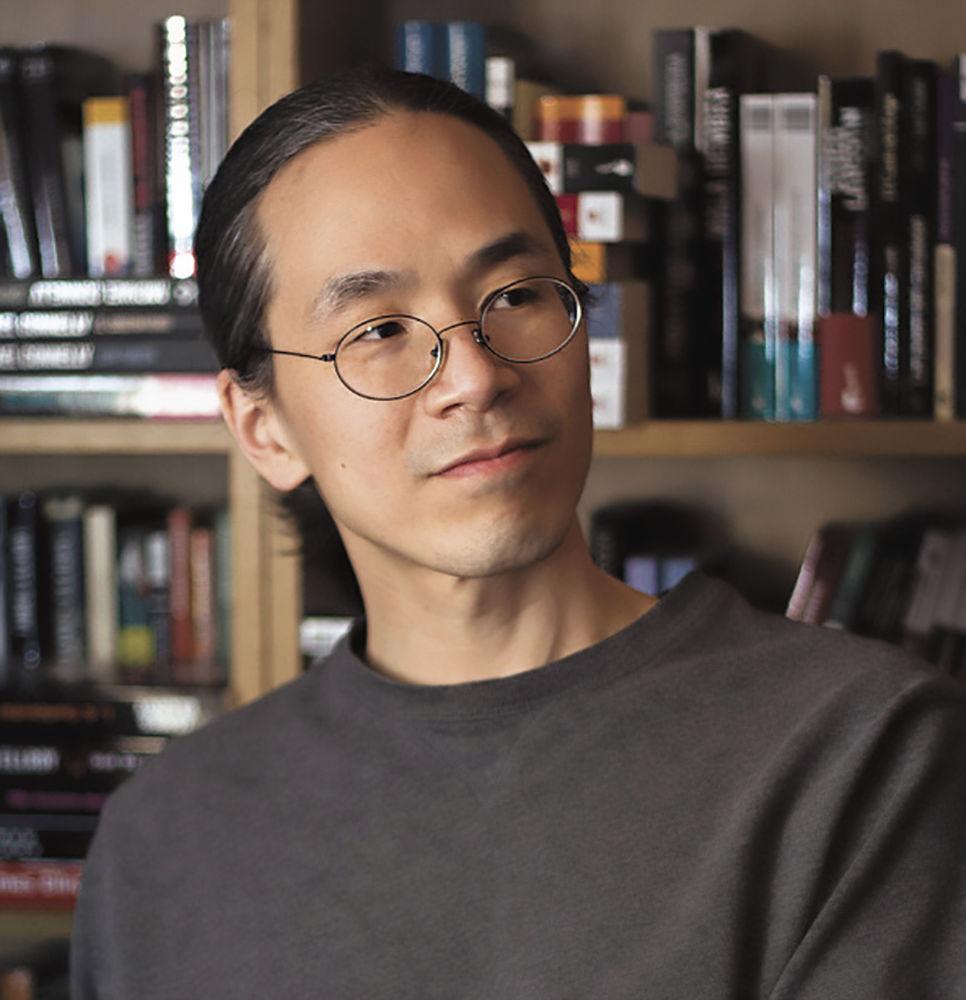Last Wednesday, Sept. 26, Ted Chiang came to NC State for a literary reading at Hunt Library. Chiang is the author of “Story of Your Life,” a short story which was eventually adapted into the 2017 Academy Award-winning movie “Arrival.” He has won four Hugo Awards, four Nebula Awards and four Locus Awards for science fiction and fantasy writing.
Chiang has been writing science fiction and fantasy for almost 30 years, and his works often blur the lines between them. In his talk, he addressed the ways in which the two genres differ, and delivered his take on the purposes and possibilities of each.
Chiang opened the reading by first discussing a popular quote by Arthur C. Clarke, author of “2001: A Space Odyssey.”
“Any sufficiently advanced technology is indistinguishable from magic,” Chiang quoted.
From there, his talk reached out through time and space as he walked listeners through the Industrial Revolution, various political systems, religion, the power of positive thinking and the very nature of our universe.
Wilton Barnhardt, professor of creative writing for the MFA program at NC State, offered extra credit for his students to attend.
“I think Ted Chiang’s stories operate at some of the furthest reaches of our thinking, about time, quantum physics, about the mysteries that still remain in the universe,” Barnhardt said. “If you are a writer, how could you not want to come and have your mind blown by Ted Chiang?”
Edward Chan, a fourth-year studying physics, is a longtime fan of Chiang’s who attended the event.
“I think, going by Ted Chiang’s interpretation, which kind of shows in the book too- magic does also exist in the modern world, and technology also exists in the past world,” Chan said. “Your brain tries really hard to make it a magical fantasy story, but it’s not working. It’s going for all this sci-fi, like even the wording that he’s using. So I think it gives you that interesting realization, like everything in the modern world could be magical, everything in the past could be scientific. It’s something that inspires you in a way, as a scientist.”
Emily Cataneo, a graduate teaching assistant for the MFA Creative Writing program, was a student of Chiang’s at the Clarion Science Fiction and Fantasy Writers’ Workshop in San Diego in 2016, and introduced him at the reading. She said it was important for students interested in creative writing to see a model for those genres, which are often underrepresented in academic settings.
“I think it’s actually better here than in most places. I also think that academia’s allergy to science fiction and fantasy is diminishing, has diminished in recent years,” Cataneo said. “But in general, there has been a little bit of a resistance in academia toward views that are considered more ‘pulpy’ or genre. So, any time students are given an opportunity to indulge in that interest or explore their interest, I think that’s really important.”
Chiang himself echoed a similar sentiment.
“Science fiction and fantasy, I think their status in the academy is probably better than it has ever been before,” Chiang said. “When I was an undergrad, there was no writing program that would accept anyone who was interested in science fiction or fantasy…. So, the situation has improved immeasurably in the last 30 years. There are still people, there are still departments who look down on science fiction and fantasy, and partly, I think, it’s because they have certain preconceptions about it which, over time, those preconceptions can be corrected.”
Chiang said he hopes his writing can help to expand people’s ideas about science fiction and fantasy in both the academic and literary worlds.
“I do hope that I can further the cause of science fiction,” Chiang said. “A lot of people have very narrow ideas of what science fiction is, I think. Their ideas of science fiction are formed by Hollywood movies, and they think of it as involving a lot of special effects and battles between heroes and villains and just, fights on the edge of a precipice, and science fiction is not about any of those things. So, I would like more people to realize that science fiction is probably much bigger, much broader than they might think it is.”
Chiang is not the only author seeking to share his insights at NC State this semester. Be sure to keep an eye out for two more literary readings, on Oct. 24 and Nov. 14, by writers who are sure to be similarly mind-blowing.













